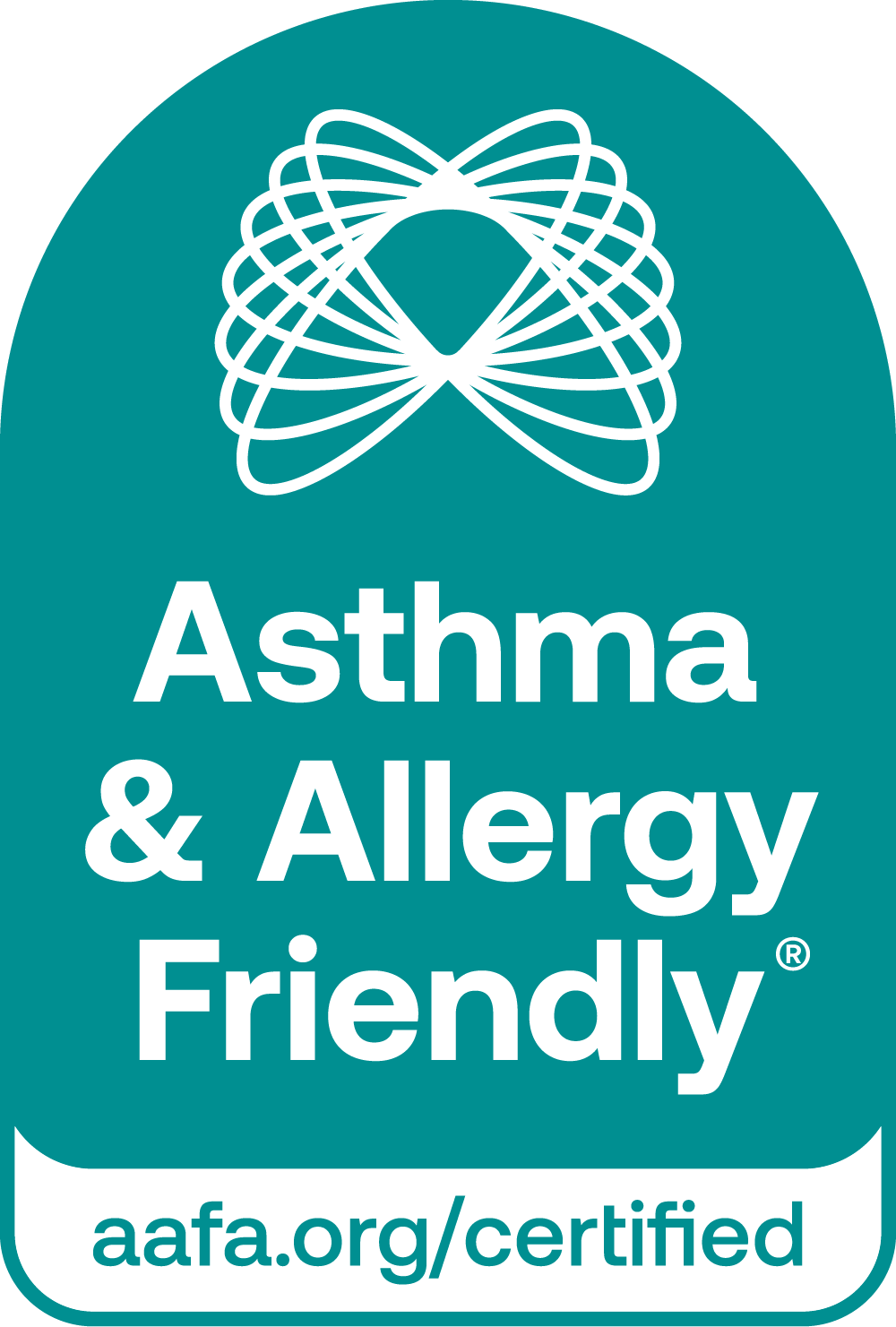 How do air purifiers work and where should you start shopping for one? Experts and MDs share insights and shopping tips.
How do air purifiers work and where should you start shopping for one? Experts and MDs share insights and shopping tips.
How do air purifiers work?
Air purifiers are designed to remove indoor air pollution which can be made up of small particles in the air. Indoor air pollution primarily comes from cooking, automobile emissions, dust and fires, and can irritate the lungs or trigger allergic reactions, explained Kenneth Mendez, president of the nonprofit Asthma and Allergy Foundation of America. And according to the Environmental Protection Agency, the air inside our homes can be more polluted than the air outside.
“We take about 20,000 breaths each day and spend 90 percent of our time indoors,” Mendez noted. “Now that we are in a global pandemic and with some areas enacting a ‘shelter-in-place,’ this rate of staying indoors has increased.” Reducing exposure to particles that can trigger things like allergies and asthma symptoms is important. “If you live in an area with high outdoor pollution, like a metropolitan city, it’s essential to monitor the air quality in your home,” he added.
Air purifiers are often conflated with air filters, but they differ slightly, said John McKeon, MD and CEO of Allergy Standards — an organization that Certifies products as “asthmas and allergy friendly,” among other things.
Read the Full Article on NBC News
Featured Certified Products
